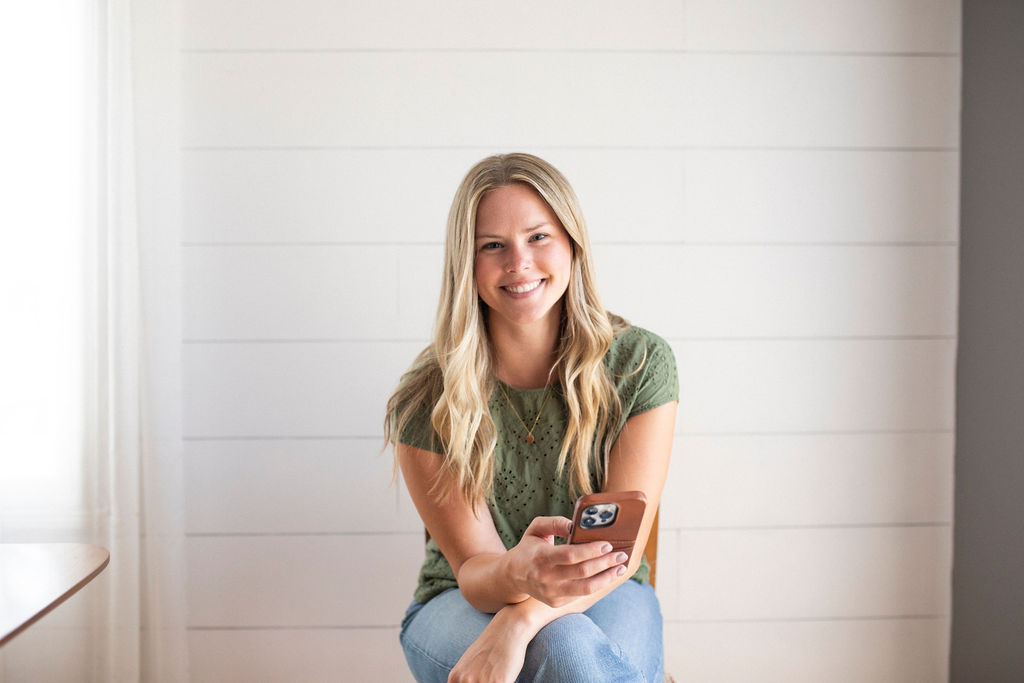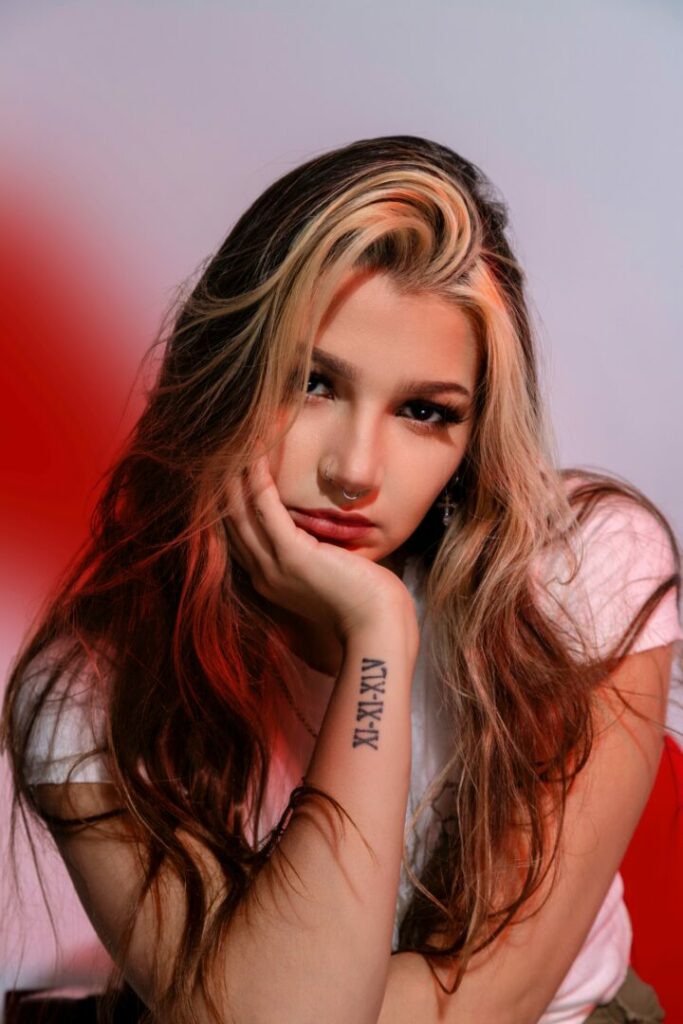We’re excited to introduce you to the always interesting and insightful Beverely Elliott. We hope you’ll enjoy our conversation with Beverely below.
Beverely, looking forward to learning from your journey. You’ve got an amazing story and before we dive into that, let’s start with an important building block. Where do you get your work ethic from?
I get my work ethic from my upbringing in Michigan, where I grew up with my parents, a grandmother, and four siblings. My parents were dedicated and organized, striking a balance that instilled discipline without being overly strict. We often went on road trips, and our family would stop for picnics prepared by my mother and grandmother. For longer journeys, like trips to Boston, my parents meticulously planned guided stops, hotels, and family visits.
My mother, father, and grandmother all worked hard and were always well-prepared. One thing that stood out to me was their reliability—if they said they were going to do something, it was going to get completed. This dependability became a cornerstone of my own approach to tasks. When I commit to something, I make sure it gets done and I do my best. My parents also always gave back to our school and our community and this was a wonderful example for all of us.
My parents were responsible and stood up for us when we faced challenges, including instances of prejudice and separation. They communicated openly with us, always with consideration and love. Despite not having much, we had fun, felt loved, and were consistently encouraged to do our best in everything we undertook. This environment fostered a strong work ethic in me, emphasizing the importance of dedication, responsibility, and perseverance.


Thanks, so before we move on maybe you can share a bit more about yourself?
I am the Executive Director of the African American Museum of Southern Arizona. Before this role, I was retired, but when I worked I enjoyed a long career as an educator, fitness professional, and school counselor, with diverse experiences across various fields. Though I don’t have formal training in the museum field, I’ve benefited greatly from the guidance of wonderful mentors and informative webinars.
This project was inspired by our 7-year-old grandson, and I immediately recognized its importance and felt compelled to pursue it. We established the museum under the umbrella of the University of Arizona, operating as a non-profit with the University of Arizona Foundation. My husband, who runs an accounting practice, and I worked together to set up a board an advisory board, and a focus to raise necessary funds.
What makes this job truly special is that it feels like we are giving a gift to the community. We’ve filled a crucial need in Tucson and the African American community in Southern Arizona. Our efforts have included four very successful fundraisers, and we’ve become a beacon for historically important social justice issues, such as addressing housing discrimination, hair discrimination, and helping children learn to swim through grant funds. These are just a few of the many social justice issues we have addressed that have had historical impact within the African American community.
Our reach has extended far beyond Arizona, with people from as far as Washington D.C. and Guam contacting us about their family members’ contributions to African American history in this area. Currently, we’re working on funding for a Slave Exhibition whose ancestors live here in Arizona, with stories recorded in the Library of Congress, as well as an exhibit on Arizona musicians, one who played with Lionel Hampton and Dizzy Gillespie and a former University of Arizona basketball player who is now the CEO of the Recording Academy (Grammy’s).
During our grand opening January 14, 2023 we welcomed more than 350 visitors in about 3 hours. Since then we welcomed over 2,000 visitors to our small 1,100 square foot museum. This year 2024, we’ve already surpassed that number, and we are only half way through the year.


If you had to pick three qualities that are most important to develop, which three would you say matter most?
The three most important qualities and skills that I feel are needed in this profession are: being organized, being open to intergenerational ideas, and having community and business contacts for funds and stories. As I mentioned earlier, I had mentors who guided me on my journey to develop the museum. Friends from a museum in Michigan, Marlys Deen and Bev Willis, who provided invaluable support by directing me to relevant organizations and webinars that fostered my growth and helped the museum flourish. My husband, Bob, was a constant source of support, managing spreadsheets and budgets essential for our non-profit operations. The University of Arizona Foundation was there as a guide for us as we learned to navigate new territoritory. Our children have been supportive of this project, and our Founders have stood by us every step of the way. Additionally, we have a highly active and supportive Board of Directors and Advisory Board who I have depended upon based on their area of expertise.
The biggest challenge we face is funding, and we are continually seeking new ideas to raise funds and build relationships with individuals and businesses that support our mission and vision. My background as an educator and my upbringing have made me a lifelong learner, which has been crucial in navigating and excelling in this new and wonderful field of museum management.


Is there a particular challenge you are currently facing?
The number one obstacle we face is funding. The African American community in Tucson is somewhat dispersed, and many members are not in a financial position to make a donation. As a result, we do not charge for admission, fees for our newsletter, educational materials and programs, or developmental costs. We have a small membership fee and offer discounts for seniors. Surveys and demographic studies have shown that charging admission would prevent many people of color, particularly African Americans, from visiting the museum. To address this challenge, we focus on raising funds through fundraising, projects, programs, and general asks. We actively seek donations, grants, and partnerships with individuals and businesses to ensure we can continue to serve our community effectively. We do, and will continue to do, the funding work to keep admission free, maintain a free and relevant newsletter, fund new exhibitions and research, and address historically important social justice needs.
Contact Info:
- Website: aamuseumofsouthernaz@gmail.com
- Facebook: aamuseumofsouthernaz@gmail.com
- Youtube: aamuseumofsouthernaz@gmail.com


Image Credits
All Photos are by Joe Jackson Jr.
so if you or someone you know deserves recognition please let us know here.




